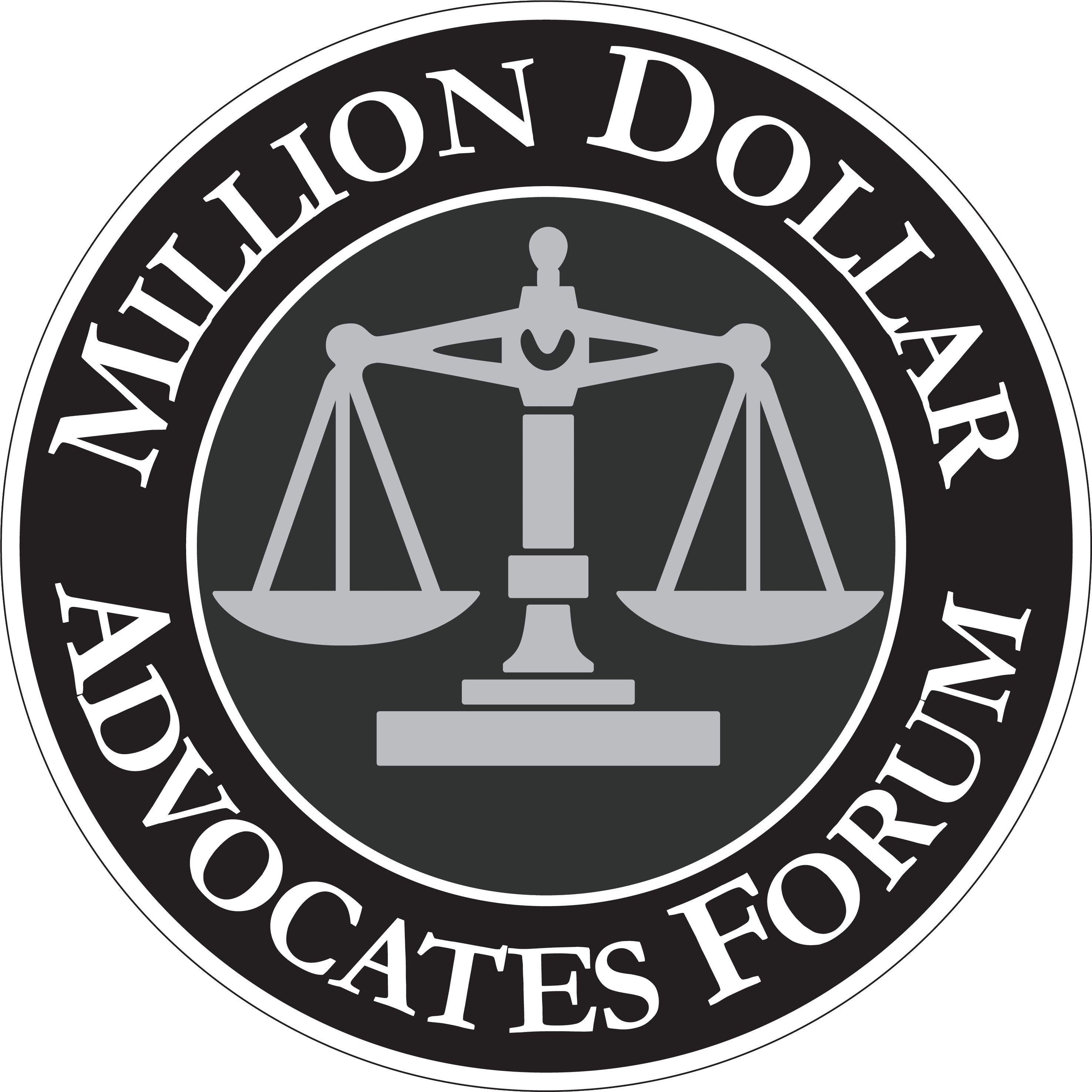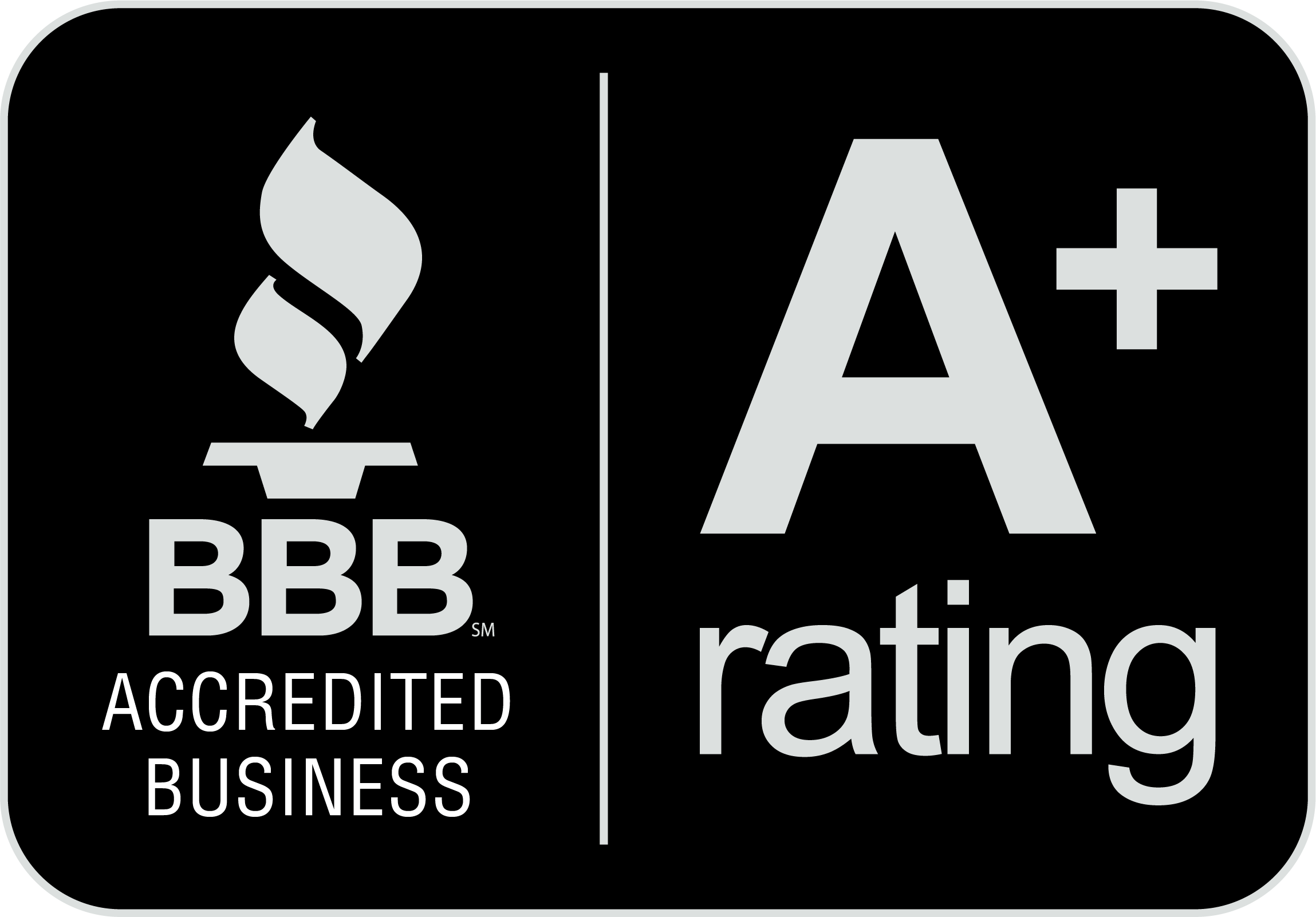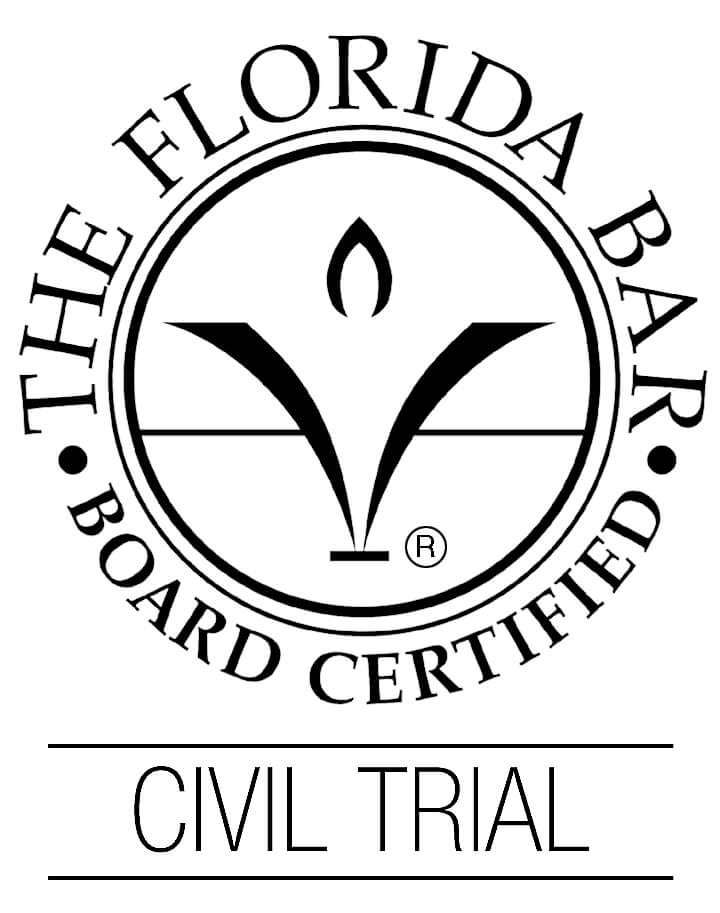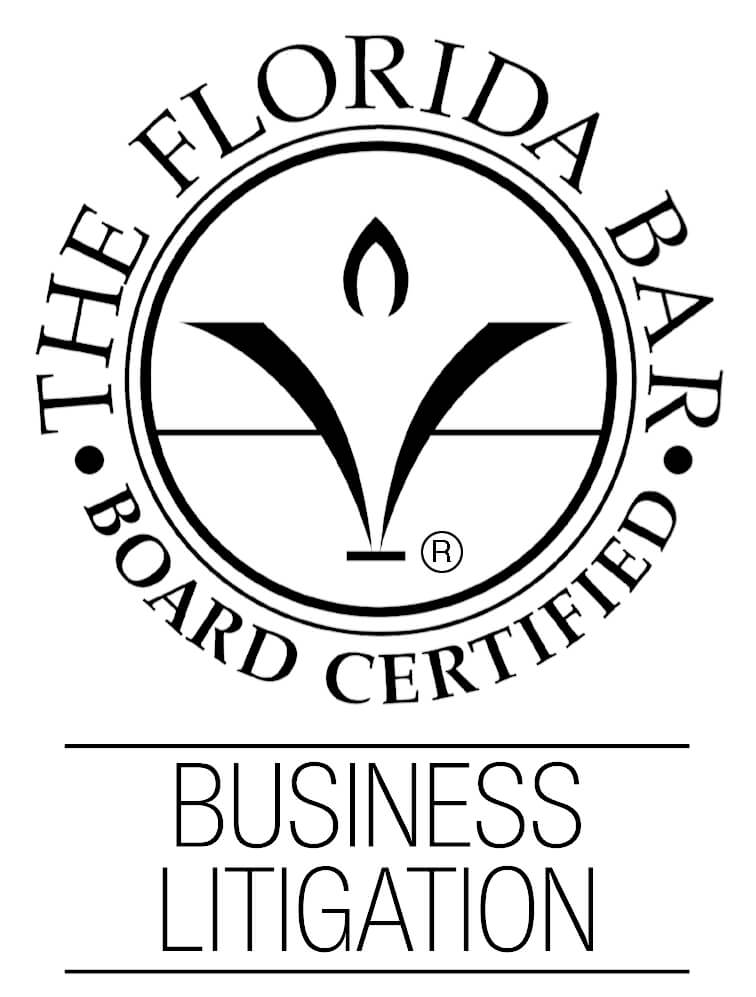Theme Park Injuries
Theme Park Injuries Attorney
Orlando Theme Park Accident Lawyer
Theme Park Injuries
A day at a Florida theme park should be memorable for the right reasons. When rides malfunction, safety rules are ignored, or warnings are missing, serious injuries follow. If you or someone you love was hurt at Disney, Universal, SeaWorld, Busch Gardens, a water park, or any Florida attraction, you deserve answers and accountability. We handle the legal work so you can focus on healing. You trusted us. We are honored to fight for you.
Contact us for a free case review. No upfront fees. We only get paid if we win.
Why Nation Law
- Client-centered advocacy.
We move quickly to preserve evidence, secure incident reports and video, and identify every responsible party. - Serious injuries demand serious resources. We work with ride engineers, safety inspectors, medical specialists, and economists to prove fault and full damages.
- Clear, compassionate communication. You will always know what comes next.
- Proven results mindset. Our goal is full and fair compensation for medical care, lost income, and the human losses that change lives.
We move quickly to preserve evidence, secure incident reports and video, and identify every responsible party.
Explore related pages: Personal Injury, Slip and Fall Attorneys, Drowning Injuries, and Wrongful Death.
Common Causes of Theme Park and Water Park Injuries
Theme park cases are often about foreseeable hazards that were not fixed or were ignored:
- Equipment malfunction and poor maintenance such as failed restraints, braking issues, track wear, or defective components. Florida’s amusement-ride framework requires annual permitting, qualified inspections, nondestructive testing, and daily owner inspections. When parks skip or skimp on these duties, preventable failures happen.
- Operator error and inadequate staffing including improper ride dispatch, failure to check restraints, or absent lifeguards at water attractions
- Insufficient warnings or instructions such as missing height or medical restriction signs, unclear loading and off-loading procedures, or poor crowd control in queues and platforms. Florida rules adopt national ASTM F24 ride safety standards that cover signage and operations.
- Premises hazards beyond the ride like wet, uneven, or poorly lit walkways, loose railings, or unprotected machinery; Florida law requires business establishments to address hazards they know or should know about.
Real-world examples show how varied these incidents can be. Recent reporting describes a lawsuit after a duck strike to a rider’s face on SeaWorld’s Mako coaster, raising claims about wildlife risks near water features.Another case involved an 11-year-old’s foot crushed on Universal’s E.T. Adventure at the unload platform, underscoring how even slow rides can injure when designs allow entrapment. And after the ICON Park FreeFall tragedy, Florida enacted reforms to tighten standards for attractions.
Your Rights as a Guest and the Park’s Responsibilities
Under Florida premises-liability principles, paying guests are business invitees, and property operators owe them the highest duty of care—to keep the property reasonably safe and to warn of non-obvious dangers.
- Perform and document required inspections and maintenance.
- Post clear ride restrictions and safety instructions.
- Train and supervise operators and lifeguards.
- Control crowds and secure dangerous areas.
- Fix hazards promptly or warn until fixed.
For slip hazards in restaurants, restrooms, splash areas, or queues, Florida Statute §768.0755 requires proof that the business had actual or constructive knowledge of the dangerous condition and should have remedied it. Evidence such as time-stamped photos, surveillance video, or staff logs can meet this standard.
Types of Injuries We See
- Traumatic brain injuries and concussions from high g-forces, sudden stops, or impacts.
- Spinal and orthopedic injuries including herniated discs, fractures, and shoulder or knee tears from ride jolts or slide impacts.
- Internal injuries and near-drowning events at water parks, where oxygen deprivation can lead to lasting neurological harm.
- Psychological trauma including anxiety and post-traumatic stress after terrifying incidents.
If a loved one passed away, our Wrongful Death team helps families pursue answers, accountability, and lawful compensation.
Florida Safety Rules and Who Regulates Theme Parks
Florida regulates amusement rides through the Department of Agriculture and Consumer Services (FDACS). The state system requires permits, insurance, testing, accident reporting, and inspections, and it incorporates ASTM F24 industry standards for ride safety.
Key points:
- Permits and Inspections. Rides must be permitted; permanent rides are subject to inspections, with daily owner inspections required before opening.
- Water-park-specific rules. Additional regulations apply to water attractions and operations.
- Insurance. Operators must carry liability insurance to obtain permits.
- Large-park framework. Florida law provides a framework under which the largest parks that meet certain conditions use in-house inspection programs while remaining subject to statutory duties, reporting, and state oversight.
For official guidance or to check agency resources, see the FDACS Fair Rides Inspection page. Florida Department of Agriculture
What To Do After a Theme Park Accident
- Get medical care immediately. Some injuries emerge hours later; prompt evaluation protects your health and documents causation.
- Report the incident to park management and request a copy or photo of the incident report number.
- Document everything. Take photos or video of the hazard, ride vehicle, signage, and your injuries; collect witness names and phone numbers.
- Save physical evidence such as damaged clothing or wristbands.
- Do not sign releases or give recorded statements to insurance without advice.
- Call us early. We secure surveillance video, maintenance logs, staffing schedules, and ride data before they disappear.
For pool, lazy-river, and splash-zone incidents, also see our Drowning Injuries page.
How Florida Law Affects Your Claim
Statute of Limitations
Most negligence claims in Florida must be filed within two years of the injury for incidents accruing on or after March 24, 2023. Do not wait. Filing late can bar your claim completely.
Comparative Fault
Florida follows modified comparative negligence. If you are more than 50 percent at fault, you cannot recover; if you are 50 percent or less at fault, your recovery is reduced by your share of fault.
Waivers and Arbitration
Ticket language and digital waivers may raise defenses, but Florida courts scrutinize waivers. They must be clear and cannot waive gross negligence or intentional misconduct; arbitration clauses must be validly agreed to. These defenses are challenges, not dead ends.
Notable Florida Cases and Why They Matter
- Wildlife strike on coaster: A recent lawsuit alleges a rider on SeaWorld Orlando’s Mako coaster was knocked unconscious by a duck, arguing the ride’s proximity to a lagoon created a foreseeable hazard. Cases like this test how parks must plan for environmental risks.
- E.T. Adventure foot entrapment: Reports show an 11-year-old suffered multiple fractures when his foot was caught between the car and unload platform at Universal; later reporting indicated a settlement. These cases highlight platform design, signage, and prior-incident notice.
- ICON Park FreeFall verdict and reforms: Following a 2022 fatal fall, a jury verdict and legislative action intensified safety scrutiny and standards for attractions.
- Disney lagoon warnings: After a 2016 alligator attack at a Disney resort area, Disney implemented new warning signs and barriers—illustrating the duty to warn about known, non-obvious natural hazards on premises.
Who Can Be Liable
- The park operator for negligent operation, training, staffing, maintenance, or crowd control
- A ride manufacturer for design or manufacturing defects
- Third-party contractors responsible for maintenance, lifeguard services, or construction
- Security or janitorial vendors when inadequate staffing or cleaning procedures cause harm
We investigate every angle to hold all responsible parties accountable.
Damages You Can Pursue
- Medical expenses now and in the future
- Lost income and diminished earning capacity
- Rehabilitation and life-care needs
- Pain and suffering, mental anguish, and loss of enjoyment of life
- Scarring and disfigurement
- Wrongful death damages for eligible family members
See our Personal Injury and Wrongful Death pages for how damages are proven and distributed.
International Visitors and Out-of-State Guests
Florida courts routinely hear claims brought by tourists injured here. Claims are typically filed in Florida, and you can often continue treatment at home while we manage the case. We coordinate interpreters, remote testimony where allowed, and records from abroad so distance does not become a barrier to justice.
Frequently Asked Questions
What should I do right away after a ride or water-park accident?
Get medical care, report the incident, and document the hazard and your injuries. Then call us. Early action preserves surveillance video, maintenance records, and witness accounts.
Are big parks “exempt” from safety rules?
No. Florida’s framework requires permitting, insurance, inspections, reporting, and adherence to ASTM F24 standards. Large parks with in-house inspection programs still operate within Florida’s statutory system and reporting requirements.
Do waiver mean I cannot sue?
Not necessarily. Waivers must be clear and cannot excuse gross negligence or intentional misconduct. Arbitration clauses must be validly agreed to. We evaluate the language and the facts.
How long do I have to file?
For most negligence claims, two years from the injury date for incidents accruing on or after March 24, 2023. Some claims have shorter pre-suit notice rules—contact us promptly.
What if I was injured in a wet area like a restroom, food court, or splash zone?
Florida law requires proof the business had actual or constructive knowledge of the hazard. We use time-in-place evidence, inspection logs, and video to prove notice.
Who pays—park, manufacturer, or contractor?
Potentially all of them. We identify every responsible party so your recovery is not limited by one defendant’s insurance.
How Our Florida Theme Park Injury Lawyers Build Your Case
- Immediate evidence hold letters to preserve video and digital ride data
- Scene investigation and re-inspection with qualified engineers
- Maintenance and staffing analyses including daily inspection forms, training records, and schedules
- Medical proof from treating physicians and independent experts
- Economic modeling for lost earnings and future care
- Negotiation and trial readiness to pursue full value
You did not cause this. You deserve answers. Let our team shoulder the legal burden while you focus on your recovery.
Free Case Evaluation
Do not try to navigate this alone. Call 1-800-NATION-LAW or request a free evaluation. No upfront fees. Se habla español.






.svg)
